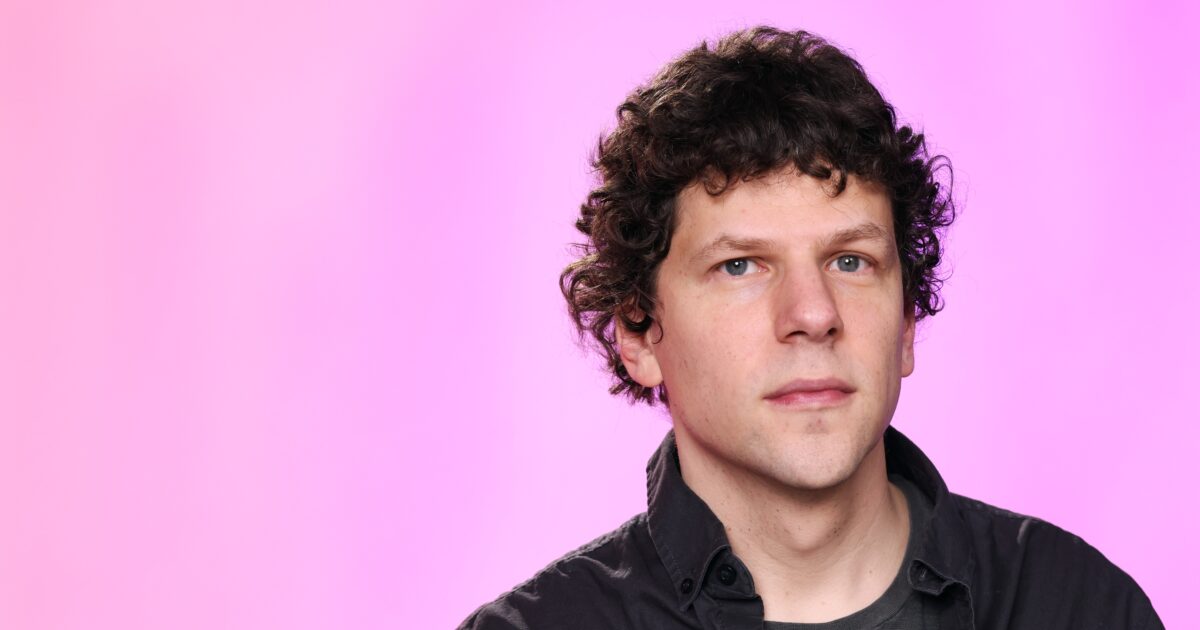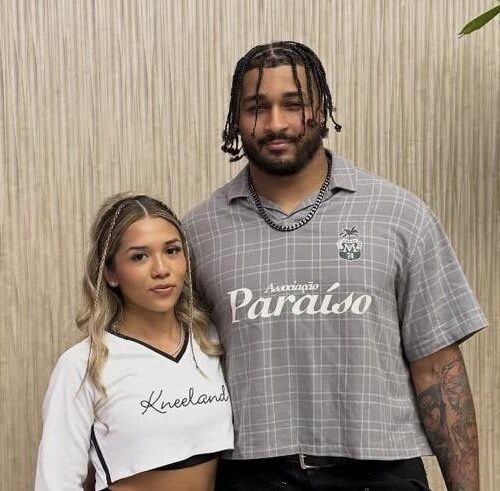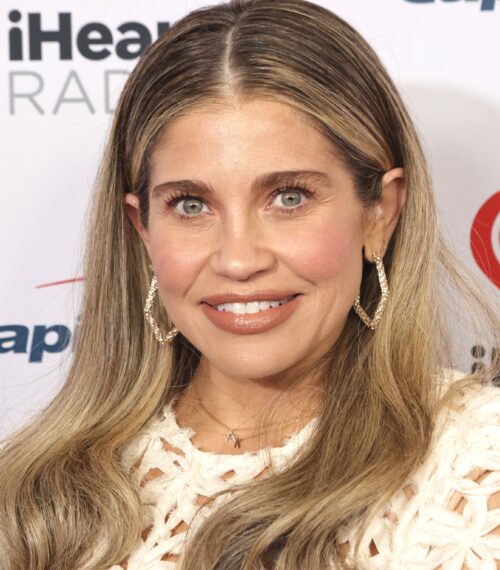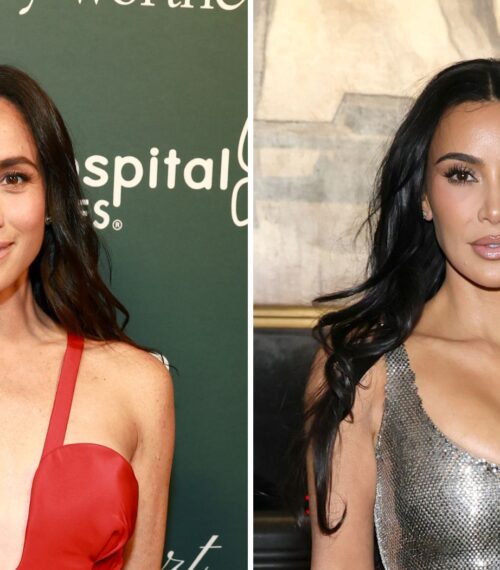Jesse Eisenberg is taking generosity from routine to remarkable. The 42-year-old actor revealed he will donate a kidney to a complete stranger in mid-December, confirming the news during an October 30 appearance on NBC’s Today.
Known for his roles in The Social Network and the Now You See Me franchise, Eisenberg said his decision grew out of a long-running habit of giving blood. He even joked about it on air: "I just have so much blood in me, and I feel like I should spill it. I really like doing it, and I don’t know why."
Then he shared the headline-making update: "I’m actually donating my kidney in six weeks. I really am." Host Craig Melvin responded with a simple, stunned endorsement: "That’s amazing."
Jesse Eisenberg Confirms Non-Directed Kidney Donation
Eisenberg emphasized that his surgery will be an altruistic, or non-directed, living donation — meaning he won’t know the recipient. The match will be determined by medical compatibility, and the organ will go to the person who can benefit most. "It’s essentially risk-free and so needed," he told Today. "I think people will realize that it’s a no-brainer, if you have the time and the inclination."
He also broke down the chain-like system that altruistic donations can set in motion. If a patient in one city needs a kidney and their loved one isn’t a match, but Eisenberg is, his donation can go to that patient. In turn, the original would-be donor can give their kidney to someone else who’s compatible, triggering a sequence that helps multiple patients. As Eisenberg explained, these chains only work when there’s an altruistic donor to kick them off.
The need is significant. Roughly 5,000 living kidney donations occur in the U.S. each year, but about 90,000 people were on the transplant waitlist for a kidney as of September 2024. According to the Mayo Clinic, most living kidney donors are able to return to normal activities within two to four weeks, underscoring why informed, healthy donors can have an outsized impact.
How The Family Voucher Program Protects His Loved Ones
While the recipient of Eisenberg’s kidney will be a stranger, he made it clear that his own family is safeguarded through planning. The actor enrolled in the National Kidney Foundation’s family voucher program, which lets living donors list loved ones who would receive priority if they ever need a living kidney donation down the line.
"The way it works now is you can put a list of whoever you would like to be the first to be at the top of the list. So it’s risk-free for my family, as well," Eisenberg said. He added that this approach allows him to help someone immediately, without leaving his nearest and dearest vulnerable in the future.
In practice, the voucher system means donors can give anonymously today and protect potential recipients they care about tomorrow. It’s a safety net that complements non-directed donation, ensuring both altruism and preparedness can coexist.
From Idea To Operating Room
Eisenberg said he first considered kidney donation roughly a decade ago, but the idea didn’t move forward at the time. A recent conversation with a physician friend reignited the plan and supplied a practical path. "I was with a doctor friend recently and expressed my desire to donate, and she pointed me to NYU Langone Health in New York City as an option," he recalled. "I was in the hospital the next day and went through a battery of tests, and I’m now scheduled in mid-December."
The actor, who is dad to 8-year-old Banner, also stressed that the decision fits his family’s needs. In addition to the voucher program, he reiterated that living kidney donation is a well-established procedure for healthy donors and said those closest to him are protected by the priority list he set up. "So it’s risk-free for my family, as well," he said.
Eisenberg’s willingness to detail both the emotional and logistical sides of donation offers an unusually clear window into a process that remains unfamiliar to many. By demystifying terms like "non-directed donation" and explaining how donor chains amplify impact, he’s using his platform to highlight a life-saving option that often depends on awareness as much as eligibility.
Between the scope of the national waitlist and the relatively brief recovery time for eligible donors, Eisenberg’s announcement underscores how an individual choice can ripple outward — potentially helping more than one patient through a chain of matches. It’s a concrete, immediate act with measurable results, framed by a system designed to protect a donor’s loved ones.
For viewers who heard his Today reveal, the actor’s message was straightforward: if you have the time, the health clearance, and the desire, living donation can change — and even save — lives. And in his case, that change begins in December.















































































































